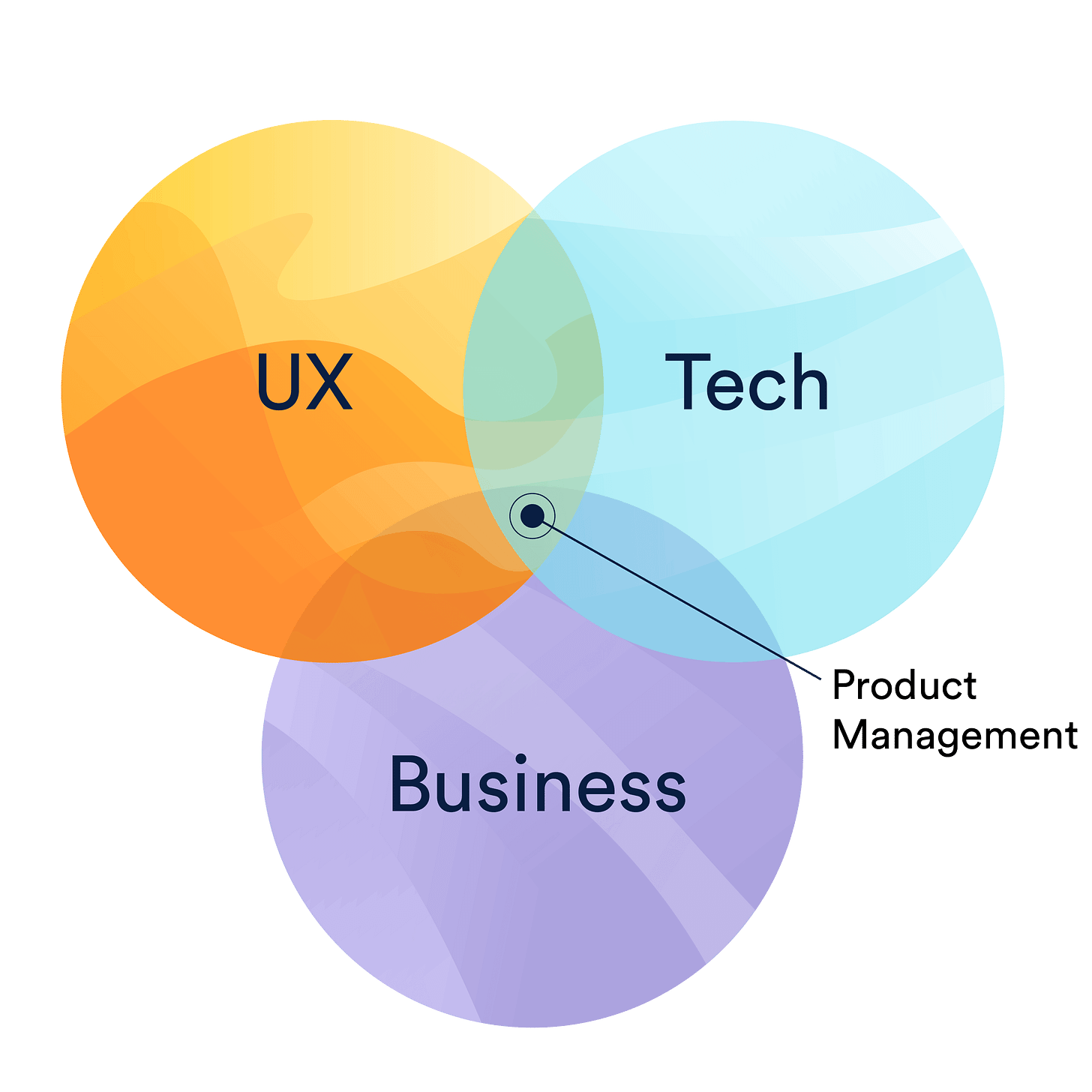What does the Product Manager do?
Let's define the rol once and for all.
Let's start with the first thing, to understand what this role is, we must know what Product Management is.
Searching in different sites, we find definitions such as the following.
Product management is the business process of planning, developing, launching, and managing a product or service. It includes the entire lifecycle of a product, from ideation to development to go to market.
https://en.wikipedia.org/wiki/Product_management
Product management is an organizational function that guides every step of a product’s lifecycle by focusing on the product and its customers first.
https://www.atlassian.com/agile/product-management
We can then define product management as
Product Management is the discipline of strategically orchestrating all phases of a product's life, from the birth of the idea to continuous improvement after launch. Focusing on both business and user needs.
The following image gives us a better idea of all the areas covered by product management.
UX: Covers the user experience and the customer feedback part, which is listening to the feedback that customers have about the product.
Tech: Involves the software development phases, such as what technology it will be developed in, what type of platforms it will be available for, as well as the type of database and where the information will be stored, etc.
Business: The product or service must be aligned with the business objectives. Here comes into play the coordination of all the teams or people involved such as UX/UI design, devs, stakeholders, customers, marketing, etc.
Therefore, a Product Manager is the voice carrier of users and customers within the business. It is an indispensable role that is responsible for coordinating the development of a product or service with the different teams involved in the company.
The PM is a multidisciplinary intermediary, knows the weaknesses and strengths of the business to the letter, understands the pain and feedback from users, and works closely with the development team and understands what problem needs to be solved and why.
In short, a PM translates business objectives and customer feedback to the rest of the departments. He or she is in charge of the creation and constant improvement of the product lifecycle and is the person who prioritizes the solution that provides the most benefit to all areas.
For this reason, some say that a Product Manager is basically the CEO of a company. What do you think?
Thanks for reading my content, don't forget to subscribe and share it!

